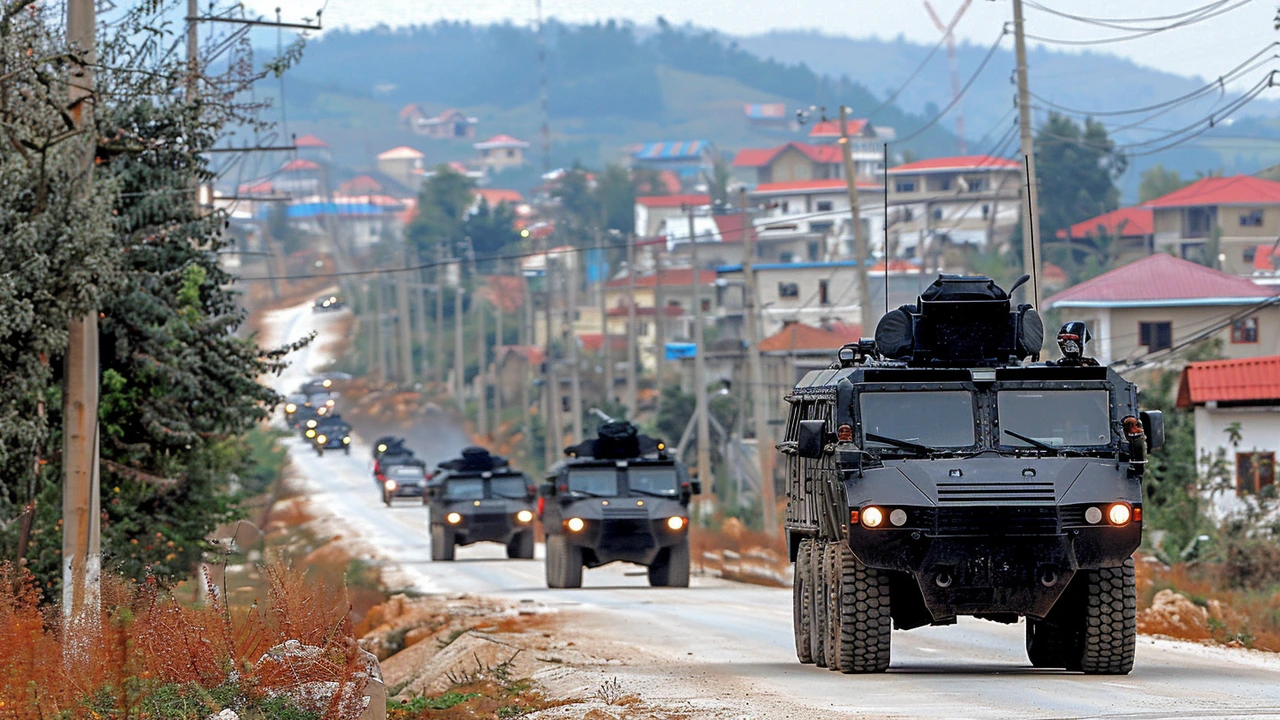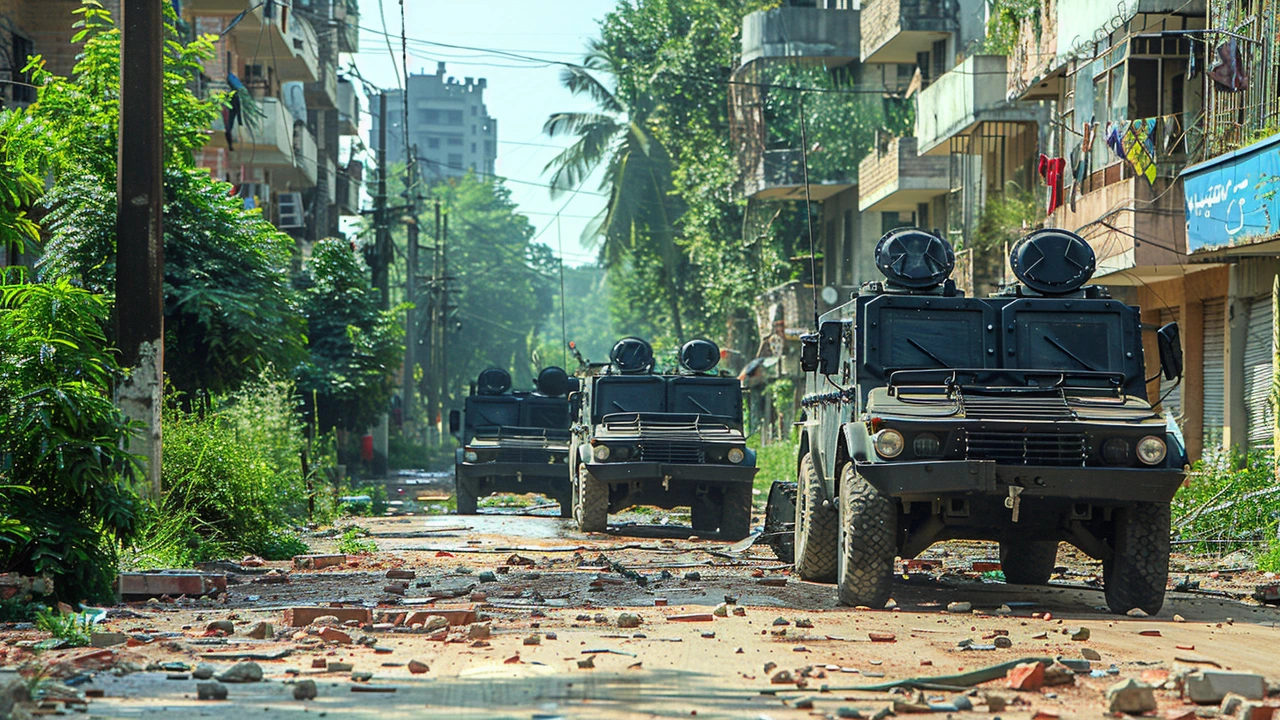Ending the Violence: A Welcome Ceasefire
The recent US-brokered ceasefire between Israel and Palestinian militant groups in the Gaza Strip has been met with significant approval from several Middle Eastern nations, including Saudi Arabia, the UAE, and Egypt. This ceasefire brings an end to 11 days of intense violence that claimed the lives of at least 248 individuals, including 66 children, and left more than 1,900 others injured. It's a moment of relief, yet it comes with cautious optimism for lasting peace in the region.
Intensive Diplomatic Efforts
The ceasefire agreement came to fruition following rigorous diplomatic endeavors by the United States. President Joe Biden played a critical role, engaging in conversations with both Israeli Prime Minister Benjamin Netanyahu and Palestinian President Mahmoud Abbas. The culmination of these efforts is reflected in the halt of hostilities, which had created a devastating humanitarian situation in Gaza and considerable international concern.
International Reactions
Saudi Arabia’s Foreign Ministry has expressed its approval of the ceasefire, highlighting hopes that it will pave the way for a lasting solution to the protracted conflict. The UAE’s Ministry of Foreign Affairs and International Cooperation also voiced its commendation, noting that such measures are vital for reducing tensions and ensuring regional stability. Egypt, instrumental in mediating between the conflicting parties, has appreciated the US’s role and emphasized the need for a comprehensive peace agreement.
Mixed Feelings on Ground
The ceasefire has ushered in a mix of relief and skepticism among the affected populations. Some Palestinians have welcomed the pause in violence, but there remains an underlying apprehension about the durability of this truce. Previous ceasefires have often been temporary, leading to a cycle of recurring violence and conflict. The true test of this ceasefire lies in whether it can lead to substantial and lasting change.

Immediate Impact
The Israeli military has confirmed the cessation of all military operations in the Gaza Strip. Hamas, the leading Palestinian militant group, has also indicated compliance with the ceasefire terms. This mutual understanding hints at a temporary peace, providing much-needed respite to the residents of Gaza who have endured continuous bombardment and insecurity for several days.
Role of the United Nations and International Community
The agreement has not come in isolation. It follows growing pressure from the international community, including influential entities such as the United Nations, the European Union, and the Arab League of Arab States. These organizations have consistently advocated for an immediate halt to the violence, urging all stakeholders to seek a peaceful resolution to their differences.
Future Prospects for Peace
Looking forward, US Secretary of State Antony Blinken is scheduled to visit the region in the coming days. His mission will involve discussions aimed at consolidating the ceasefire and exploring avenues for a sustainable and long-lasting peace agreement. This diplomatic engagement is anticipated to address the root causes of the conflict and to lay the groundwork for a stable future for both Israelis and Palestinians.
Challenges Ahead
While the current ceasefire provides a welcome break from violence, numerous challenges lie ahead. The long-standing issues between Israel and Palestine are deeply entrenched, involving historical, political, and socio-economic dimensions. Achieving a permanent resolution will require addressing core issues such as state sovereignty, the right of return for Palestinian refugees, and the status of Jerusalem.

Regional Stability
Regional stability is crucial for the broader Middle East, and the recent ceasefire highlights the importance of regional cooperation in mitigating conflicts. The roles played by Saudi Arabia, the UAE, and Egypt in supporting the ceasefire underscore the collective commitment to peace. Their involvement signals a broader regional alignment towards resolving lingering conflicts and promoting collaborative security efforts.
Humanitarian Concerns
Amidst the political and diplomatic movements, the humanitarian aspect remains stark. The recent violence has left thousands of families in Gaza without homes, access to clean water, and essential medical supplies. International humanitarian organizations are working around the clock to provide relief, but the scale of devastation demands sustained and substantial international support.
Conclusion
The ceasefire brokered by the US marks a significant yet tentative step towards peace in Gaza. The commendation from Saudi Arabia, the UAE, and Egypt reflects a shared desire for stability and an end to violence. However, the durability of this truce and the long-term resolution of the Israeli-Palestinian conflict remain contingent on continuous diplomatic efforts and genuine commitment to addressing the underlying issues. It's a complex journey ahead, but every step towards peace is a sign of hope.






Write a comment